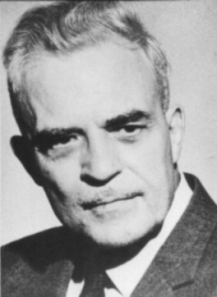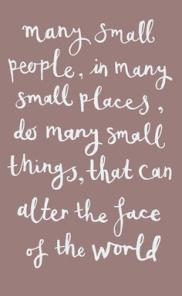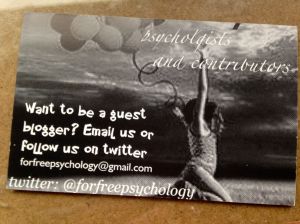
Shocking news about trauma centers closing down due to controversy and costs, hurt the ones who need it the most.
We need trauma therapy, we need time, and we need to use our creativity and imagination to really be of help. Our stress becomes their stress, and how can that be good for anyone? So can we start playing “roar” in the hospital, please? Because I want to hear you ROAR
First, the lyrics:
[Verse 1]
I used to bite my tongue and hold my breath
Scared to rock the boat and make a mess
So I sat quietly, agreed politely
I guess that I forgot I had a choice
I let you push me past the breaking point
I stood for nothing, so I fell for everything
[Pre-Chorus]
You held me down, but I got up
Already brushing off the dust
You hear my voice, your hear that sound
Like thunder, gonna shake your ground
You held me down, but I got up
Get ready cause I’ve had enough
I see it all, I see it now
Roar by Katy Perry
[Chorus]
I got the eye of the tiger, the fighter, dancing through the fire
Cause I am a champion and you’re gonna hear me ROAR
Louder, louder than a lion
Cause I am a champion and you’re gonna hear me ROAR
Now I’m floating like a butterfly
Stinging like a bee I earned my stripes
I went from zero, to my own hero
You held me down, but I got up
Already brushing off the dust
You hear my voice, your hear that sound
Like thunder, gonna shake your ground
You held me down, but I got up
Get ready ’cause I’ve had enough
I see it all, I see it now
[Chorus]
Source:http://www.directlyrics.com
Posted October 6, 2013
And then the song:
What did you think? I`d love feedback on what YOU discovered, as I might learn something from my readers as well.
More information:
Protected: Best of me
Recipe for change
More posts I`ve written about music
for password-protected posts, email me at forfreepsychology@gmail.com


























